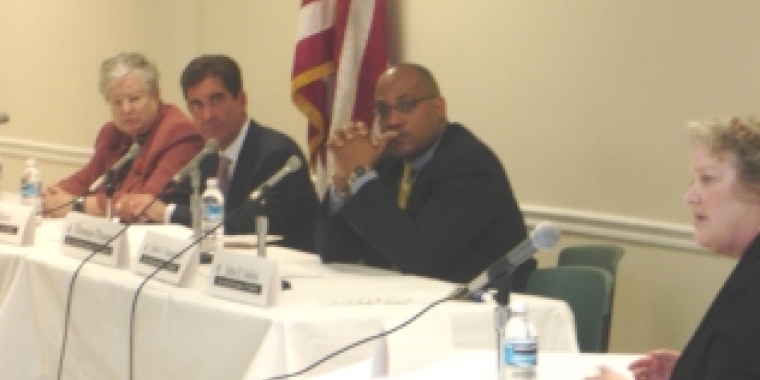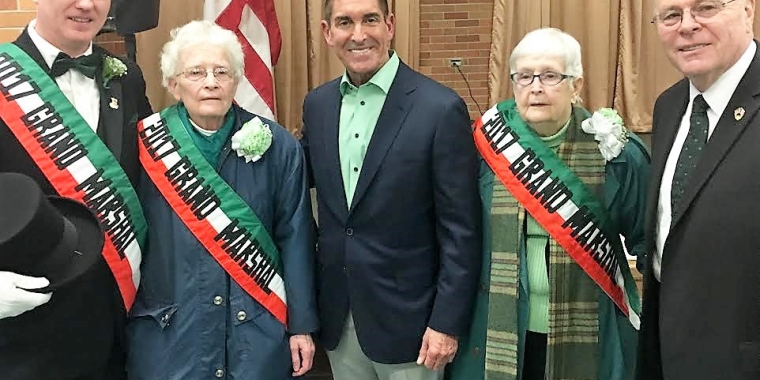
Sen. Klein Calls For Assembly Action To End The 5-year Statute Of Limitations On Rape
Jeffrey D. Klein
March 9, 2006

New York state laws prevent most rape prosecutions after only five years.
Senator Klein has introduced legislation that would repeal this archaic law and give prosecutors the ability to harness modern technology to bring rapists to justice regardless of when their crimes are committed. Last month, the Senate passed legislation ending the statutory limitation by a 60-1 margin, although the State Assembly has yet to take up the proposal.
Manhattan, the 2005 survey found 423 open cases past the 5-year limit with another 70 set to exceed it in 2006.
“Violent criminals must be held accountable for their actions; it is past time to close the loophole that allows them to escape prosecution and punishment after 5 years,” Klein said. “There is no statute of limitations on the pain and suffering endured by rape victims; there is no statute of limitations on the danger that these violent predators pose to society; and there should be no statute of limitations on prosecuting the criminals who commit these heinous acts.”
Maryland three decades later under a different name. With the help of DNA evidence, Williams was convicted last year of first-degree rape and robbery in Ms. Ham’s case, but could not be prosecuted for the dozens of other rapes linked to him by DNA because action on those cases had not begun before the 5-year statute of limitations took effect.
“Rape is murder of the soul,” Ham stated. “There is no statute of limitations on a victim’s suffering, so it’s outrageous that there is a statute of limitations on prosecuting these heinous crimes. Murder, arson, many drug crimes and even kidnapping carry no statute of limitations—Why should rape? The crime of rape truly is murder of the soul and society must stop discriminating against rape victims and their families by treating this as a lesser offense and swiftly strike this outdated statute from the books.”
New York’s statute of limitations—among the shortest in the nation—denied them the right to see their attackers brought to justice. In an era where DNA evidence makes it possible to positively identify rapists decades after their crimes are committed, this simply cannot be defended,” Klein concluded.
Mt. Vernon Police Department Detective Unit, Ms. Sonia Ossorio, President of the New York City Chapter of the National Organization for Women (NOW) and others. Testimony also covered the myriad ways that other technological advances, such the ability to pinpoint accused assailants’ locations using GPS tracking technology in cellular phones, can help prosecutors make positive identifications in rape cases long after the 5-year window closes.
Throughout his 12 years in the Legislature, Klein has been an advocate for enhancing the state sex offender registry, eliminating of the statute of limitations on rape and a strong civil commitment law to keep the most violent sexual predators confined to mental facilities and off our streets.
Share this Article or Press Release
Newsroom
Go to Newsroom
